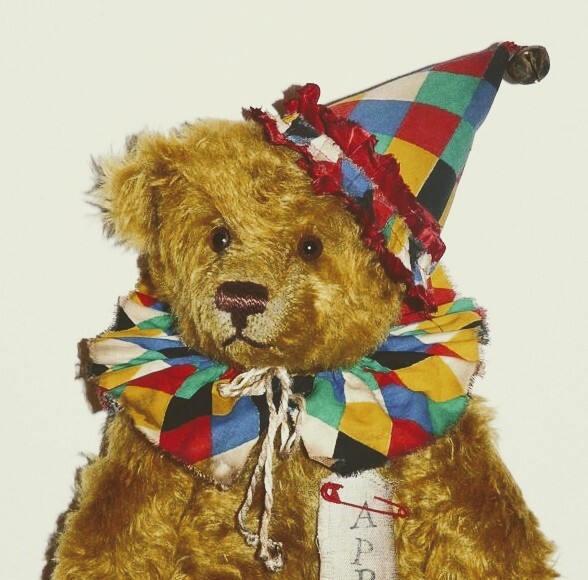Would any students or even teachers/profs be willing to give me feedback on my (very) short essay?
It’s an essay about how Bisclavret: The Werewolf (a medieval story) is a queer allegory about coping with human nature being different than what is described in Adam and Eve (i.e cis heteronormative monogamy) which was and is the dominant Christian view of human nature.
Most of the essays on Google/DuckDuckGo that come up when you look up “Bisclavret” are queer essays, including an essay published by the foundation of original author, but my prof told me:
-
you didn’t even talk about the major point of the story which is that Bisclavret is a werewolf
-
I don’t know why you think the king and Bisclavret are engaged in a sexual relationship
-
the connections to homosexuality are tenuous at best
I just want to know if he’s docking my marks based on his personal bias or if I’m genuinely not meeting the rubric. I’m second guessing myself and I’m worried I’m overreacting, I’m very sure that I met the rubric requirements but I feel like he just doesn’t like my analysis or wants to shut it down because it was using a queer lens (white presumably religious cis het male prof from a religious university/college). I’m afraid if I dispute it he will retaliate and grade me even worse but I also feel very discouraged so if I’m not overreacting I want to dispute it.
I can send an anonymized link to a scrubbed essay and the professor’s feedback through DM if anyone wants to help 


Okay, so I took a look and overall, I don’t think this professor is targeting you or grading you unfairly. I did take a look at the original poem, as well as your arguments, and I do agree that a queer lens could certainly be applied to the poem. However, the way you’re talking about the story makes it sound like an explicitly homosexual text, which it isn’t. I think a lot of that is a product of the assignment being a short response that doesn’t really give you the scope for what is ultimately a pretty complex argument about the text that needs a lot more breathing space, or maybe your research on other scholarship about the poem giving you the impression that a queer theory reading of the poem is a settled fact rather than one interpretation. However, it is also true that there is no explicit homosexuality in the text. I also think he’s right in that it’s difficult to follow your line of argument about what was asked in the prompt re. the view of human nature in the poem. You’re pointing at some different ideas about Adam and Eve, the Old vs. New Testament, a third reconciliation beyond the two. It’s ultimately too overambitious for what the assignment is.
I also look at the professor’s feedback, and it’s critical while being encouraging. He’s appreciative that you tried something here, although it didn’t quite work and acknowledges some of your writing strengths. If I got this from you, I would think that you were a strong, but still developing academic writer with a lot of interesting ideas that needs some work on the underlying structure and fundamentals of argument and interpretation that will support the more complex analysis you’re trying to do (and a better sense of what’s possible within the scope of the assignment).
As someone who works in pre/early modern lit, this is a good post and the real key I think is here:
I haven’t read OP’s essay, but in general this is the big thing with gender/sexuality and pre modern texts. Noncery aside, reminds us that these things are historically determined. If you want to read homosexual desire into a pre modern texts you need to basically do the work to explain how that desire fits into the material conditions of the medieval period.
reminds us that these things are historically determined. If you want to read homosexual desire into a pre modern texts you need to basically do the work to explain how that desire fits into the material conditions of the medieval period.
Btw, this is actually rooted in a Marxist approach - sex and desire are not trans-historical but always determined by the material conditions of the historical moment. If you’re gonna read same sex desire into Bisclarivet (which, as you note, is actually a commonplace) you have to do the work to read it into the text and articulate how we see something like same sex desire in a period where this didn’t really have a systematic/ideological/cultural sanction.
deleted by creator
Absolutely no problem. One general thing I’d recommend, not just for this class but any class is dropping by your professors’ office hours maybe once a month or every couple of weeks. Come with a question about the reading or get some feedback on an assignment in progress. Make an excuse if you need to. You will have a much more collegiate relationship with your professors, they will know you more as a person, and it will very much come in handy if you need to ask for a recommendation or something